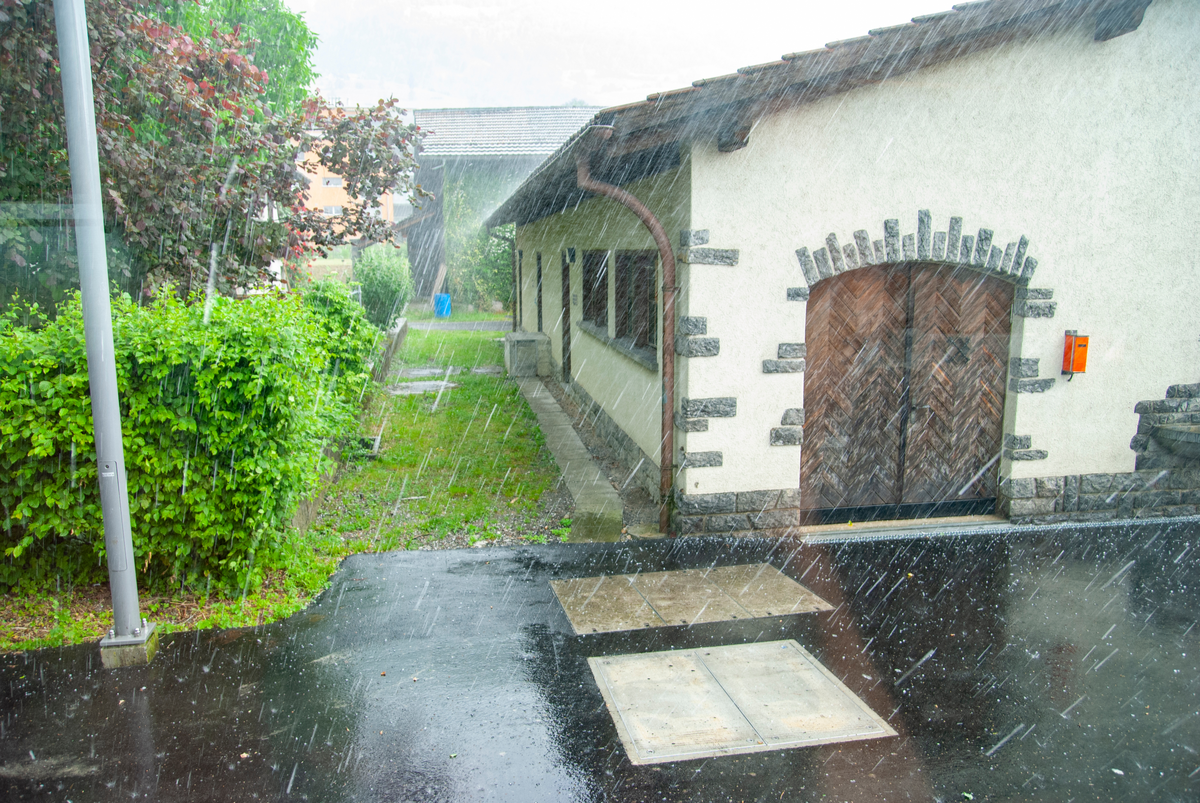
In the continuing saga of what can and cannot be appraised in a property insurance appraisal, the Tenth Circuit, in contrast to many other courts, has ruled appraisers can determine coverage issues. In Bonbeck Parker, LLC v. Travelers Indem. Co. of Am., 2021 U.S. App. LEXIS 29607 (10th Cir. October 1, 2021), a hailstorm damaged three buildings covered under a commercial property insurance policy. A dispute between the insured and insurer arose over whether the hailstorm caused all of the damage claimed. The insurer paid some of the claimed damage, but denied coverage for other claimed damage, asserting that it was caused by non-covered causes such as wear and tear. The insured invoked appraisal. About The Author

